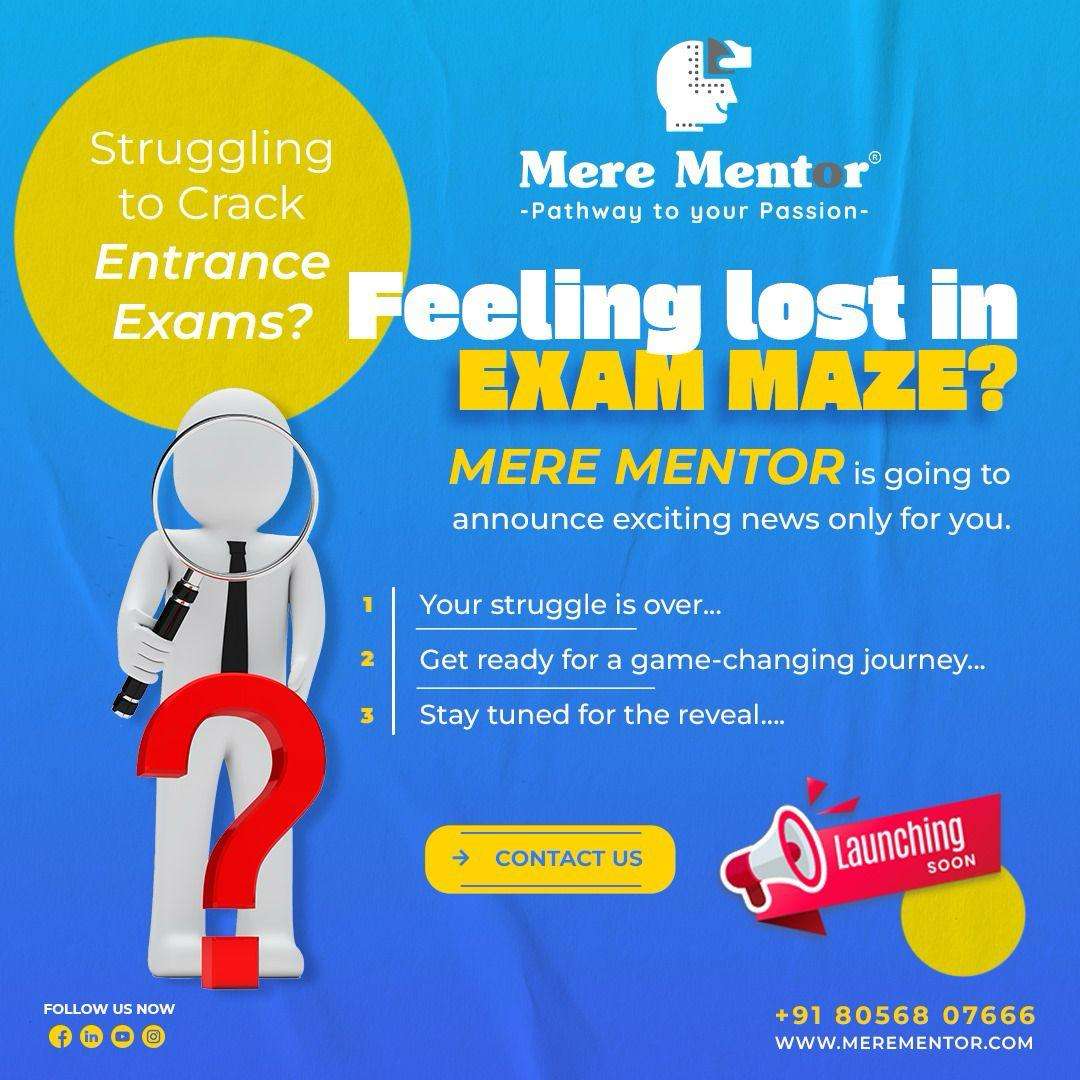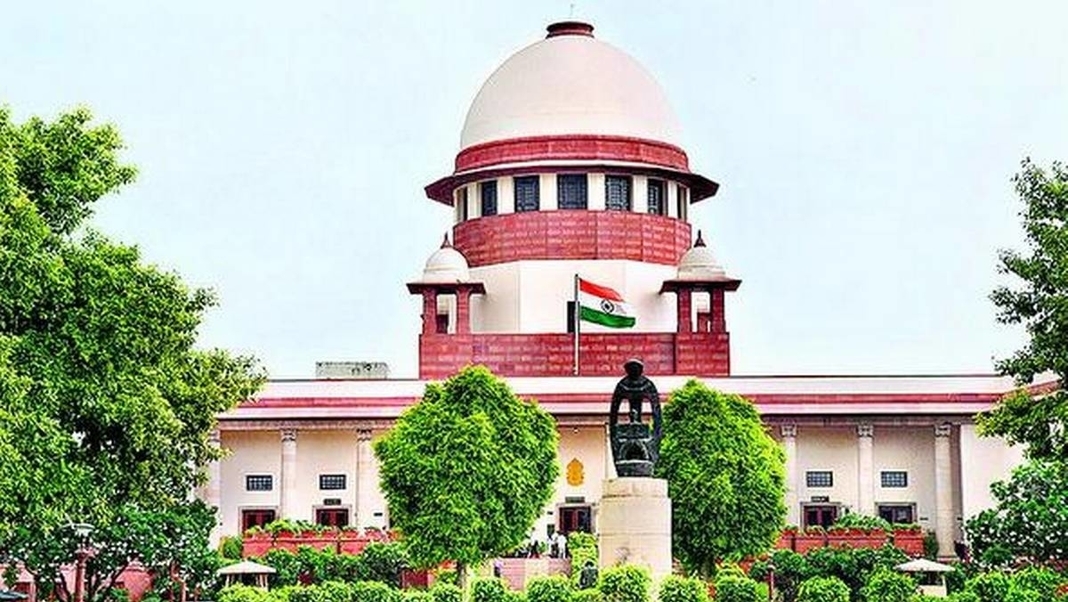New Delhi, Dec 10: On December 11 (Monday), the Supreme Court is scheduled to deliver its verdict on a series of petitions challenging the abrogation of Article 370 of the Constitution, which granted special status to the former state of Jammu and Kashmir.
On August 5, 2019, the Indian government, led by Prime Minister Narendra Modi, took the historic decision to abrogate Article 370, thereby revoking the special status that Jammu and Kashmir had enjoyed. This action was executed through a presidential order. Simultaneously, the government proposed the bifurcation of the state into two separate Union Territories: Jammu & Kashmir, which retained a legislature, and Ladakh, which became a Union Territory without a legislative assembly.
Following a sixteen-day hearing, the Supreme Court, led by Chief Justice of India (CJI) D Y Chandrachud and comprising the four other most senior judges—Justices S K Kaul, Sanjeev Khanna, B R Gavai, and Surya Kant—reserved its decision on September 5 this year.

What is Article 370? 5 Things you must know
# Article 370 was a crucial provision in the Indian Constitution that conferred special status upon the erstwhile state of Jammu and Kashmir.
# In July 1949, interim Prime Minister of Jammu and Kashmir, Sheikh Abdullah, spearheaded negotiations with the Indian Constituent Assembly, resulting in the adoption of Article 370.
# The article granted a degree of autonomy to Jammu and Kashmir, enabling the state to have its own Constitution, a distinct flag, and restricted jurisdiction for the Indian government.
# The provision in Article 370(1)(c), specified that Article 1 of the Indian Constitution applied to Jammu and Kashmir through the framework of Article 370. This provision connected the application of the Indian Constitution to the region of Kashmir within the special context of Article 370. Article 1 lists the states of the Union. Article 370 played a crucial role in integrating the state of Jammu and Kashmir into the Indian Union
# While Article 370 could be amended or abrogated through a presidential order, the process is complex and requires adherence to constitutional procedures.
Also Read: The Vengaboys at Me’gong; over 2 lakh crowd goes shalalala !
Also Watch
Find latest news from every corner of Northeast India at hubnetwork.in, your online source for breaking news, video coverage.
Also, Follow us on-
Twitter-twitter.com/nemediahub
Youtube channel- www.youtube.com/@NortheastMediaHub2020
Instagram- www.instagram.com/nemediahub






